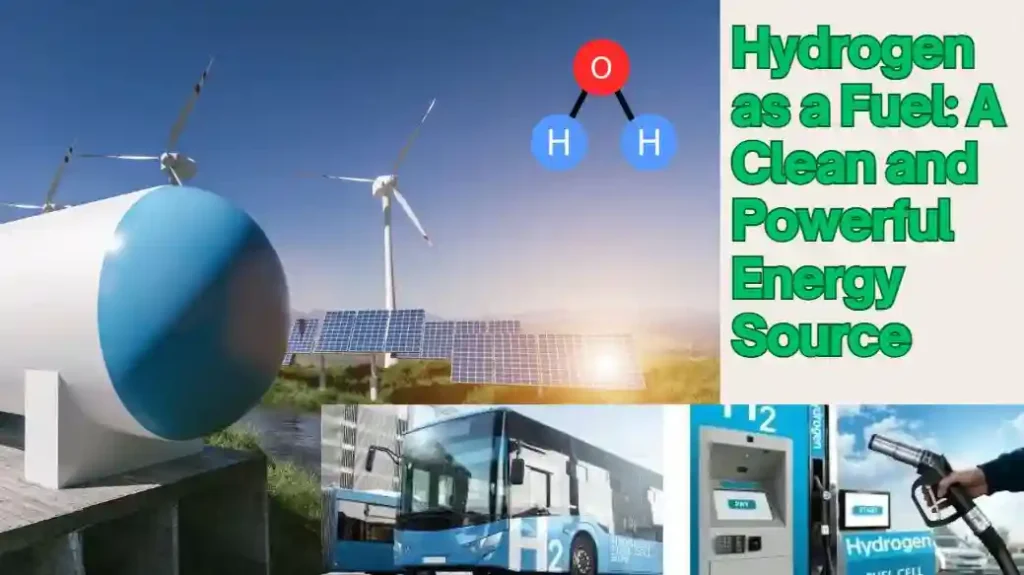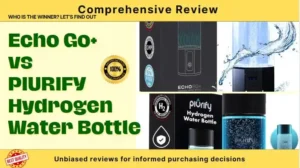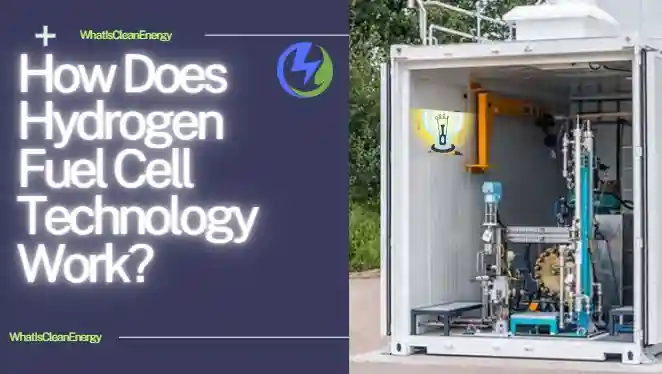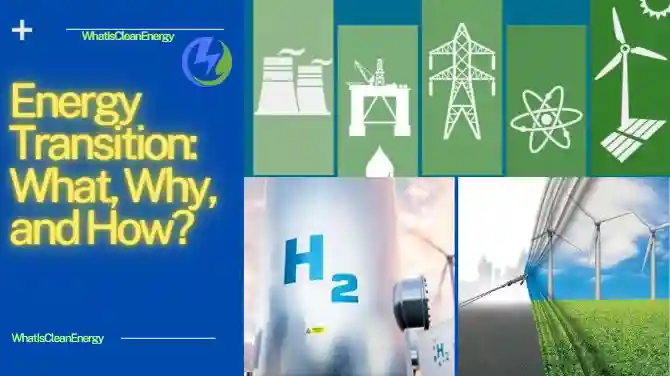Hydrogen is the simplest and most abundant element in the universe. It can be used as a fuel to produce energy in different ways, such as combustion or fuel cells. Hydrogen has many advantages and disadvantages as a fuel. Let’s dive in and explore the pros and cons of hydrogen as a fuel.
Hydrogen as a Fuel: Pros and Cons
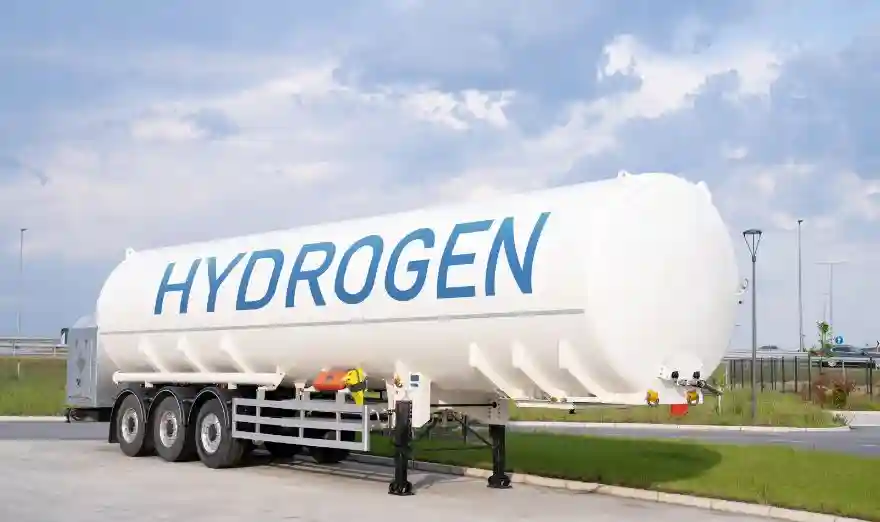
Pros of Hydrogen as a Fuel
- It is a clean fuel that does not produce any harmful emissions, only water vapor.
- Hydrogen uses more efficient technology, such as fuel cells, that can convert chemical energy into electrical energy with less waste.
- It has better energy output, as it has a high energy density and can provide more power for longer periods.
- Hydrogen has abundant fuel sources, as it can be produced from various sources, such as water, natural gas, biomass, or renewable energy.
Cons of Hydrogen as a Fuel
- It isn’t easy to store and transport, as it occupies a lot of space and requires compression, liquefaction, or chemical bonding.
- Hydrogen is expensive to produce, as it still depends on fossil fuels or costly renewable energy sources.
- It poses safety risks, as it is highly flammable and explosive, and can leak easily from storage tanks or pipelines.
- New and improved technologies and facilities are required for hydrogen to overcome technical and infrastructural challenges and be widely adopted.
Advantages of Hydrogen as a Fuel
Some of the benefits of using hydrogen as a fuel are:
- It is a clean fuel. Hydrogen does not produce any harmful emissions when it is used to generate energy. The only by-product is water vapor, which is harmless to the environment and human health. This makes hydrogen a potential solution to the greenhouse gas emission problem caused by fossil fuels.
- It uses more efficient technology. Hydrogen can be used in fuel cells, which are devices that convert chemical energy into electrical energy. Fuel cells are more efficient than combustion engines, which waste a lot of energy as heat and noise. Fuel cells can also run continuously as long as there is fuel and oxygen available.
- It has better energy output. Hydrogen has a high energy density, which means it can store more energy per unit of mass than other fuels. For example, one kilogram of hydrogen can produce about 33 kilowatt-hours of electricity, while one kilogram of gasoline can produce only about 13 kilowatt-hours. This means that hydrogen can provide more power for longer periods.
- It has abundant fuel sources. Various sources, such as water, natural gas, biomass, or renewable energy, can produce hydrogen. A process called electrolysis splits water into hydrogen and oxygen, making water the most common source of hydrogen. Electrolysis can use renewable energy, such as solar or wind power, to make hydrogen a sustainable and renewable fuel.
Disadvantages of Hydrogen as a Fuel
Some of the drawbacks of using hydrogen as a fuel are:
- It is difficult to store and transport. Hydrogen has a low volumetric energy density, which means it occupies a lot of space for a given amount of energy. Compressing, liquefying, or chemically bonding hydrogen with other substances enables efficient storage and transport of hydrogen. These processes require a lot of energy and equipment, making hydrogen storage and transportation costly and challenging.
- It is expensive to produce. Hydrogen production is still dependent on fossil fuels, which are non-renewable and polluting. Natural gas, which emits carbon dioxide and other greenhouse gases during the process, produces more than 96% of the hydrogen used today. Producing hydrogen from water using renewable energy is more environmentally friendly but is also more expensive and less available.
- It poses safety risks. Hydrogen is a highly flammable and explosive gas, which can pose fire and explosion hazards if not handled properly. It can also leak easily from storage tanks or pipelines, as it is the smallest and lightest element. Hydrogen leaks can be hard to detect, as hydrogen is odorless and colorless. Moreover, hydrogen can cause freeze burns or asphyxiation if it comes in contact with the skin or lungs.
Conclusion
Hydrogen is a promising fuel that has many advantages and disadvantages. It is a clean, efficient, and powerful fuel that can be produced from various sources. However, it is also difficult to store and transport, expensive to produce and poses safety risks. Therefore, hydrogen is not yet a perfect fuel, but it has the potential to become one in the future if the challenges are overcome and the technology is improved. Hydrogen as a fuel is a topic that deserves more attention and research, as it could be a key to a greener and more sustainable energy future.

